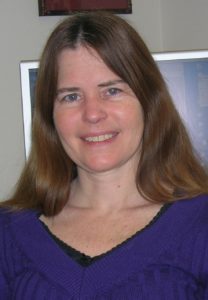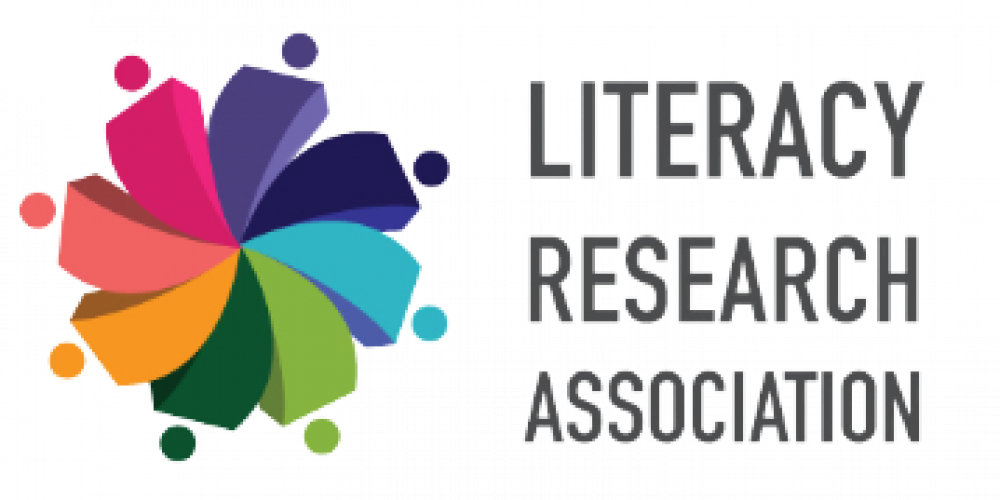President’s Message
Greetings LRA Family and Friends,
I hope this summer has provided some respite from various cares and renewed your spirit!
Thanks to LRA’s 72nd Conference Chair and President-Elect, Doris Walker-Dalhouse, and her planning team for their work in organizing a much-anticipated meeting in Phoenix, Arizona at the Arizona Grand Resort and Spa from November 29 – December 3, 2022. For Conference 2022, LRA welcomes plenary speakers Brian Brayboy from Arizona State University, Angela Valenzuela of the University of Texas at Austin, and Guadalupe Valdés, Stanford University and the 2022 recipient of the Distinguished Scholar Lifetime Achievement Award. All of these scholars are National Academy of Education members whose research and writing have been foundational in establishing much of the current thinking regarding approaches to social justice, racial equity and the deep benefits of multilingualism and diversity in today’s schools and society.
I want to follow up a bit more on the decision to have only an in-person conference this year, rather than a hybrid one. It is important to know that the choice of venue for the annual meeting involves a blend of intellectual, ethical and business dimensions. First, the business aspect. Choosing a conference location is a long, intensive process (sites are normally chosen 3-years in advance), involving multiple LRA and management company personnel in the decision. The process involves the initial preparation of an RFP that is then sent to dozens of hotel venues, outlining LRA’s goals and logistical needs for the annual meeting, after which begins the careful vetting of numerous hotel and vendor proposals. After a short list of possible sites is identified, each one is visited by a core group of LRA officers and ASG staff to get a clear visual picture of the venue itself and the surrounding area. All along the way, the team is negotiating affordable pricing for accommodations, adequate meeting space, technical support, reasonable catering costs, internet services, and assessing the transportation networks adjacent to hotel properties, just to name a few of areas of decision-making. None of these costs, with the exception of the room rates, are fixed necessarily, so there is an ongoing and lively exchange of information and negotiation between LRA and venue officials nearly up to the dates of the conference itself. As your President, I have come to greatly appreciate the careful planning, judgment, and negotiating skill that is evident on LRA’s behalf in this sophisticated process.
Second, on the ethical side, LRA has, indeed, in the past made decisions not to go to states where there have been restrictions, for example, on affirmative action or gender-neutral bathrooms. However, during the last 3 years, in particular, if the advent and ongoing impact of the pandemic weren’t enough disruption, now numerous states are aggressively suppressing voting rights, criminalizing discussions of CRT in classrooms, and imposing narrow approaches to literacy instruction on teacher education programs across the country. Further, with the overturning of Roe vs. Wade and real threats emerging to women’s and families’ health in this post-Roe environment as well as an anti-LGBTQIA2S+ sentiment, the business of choosing a conference site has become dramatically more complicated as most of the states in the South and Southwest where LRA has typically held conferences now have state policies with which LRA does not fundamentally agree. Thus, the current venue selection process involves many more issues to juggle than in the past.
Finally, drilling down into the costs and provision of various types of conference hybridity to include the range and type of presentations which is typical of LRA has proven to be a thorny problem. While we are all used to robust internet services at our universities to meet with and collaborate with our colleagues worldwide, to conduct professional development and other business, I was not aware of the costs of providing this service until I asked our chief information officer. At the University of Arizona, the base cost to maintain such services for faculty, staff and students is between one-half and three-quarters of a million dollars. And this cost is actually discounted for research and industry institutions as they use Internet 2, a specialized system of digital resources and networks designed exclusively for supporting the work of research.
However, when LRA meets at a hotel venue, the internet providers are commercial, with commercial rates, considerably higher than the Internet 2 cost. Our planning team has compared the costs for various hybrid formats against what other organizations have paid which range easily from $40,000 to well over $100,000 depending upon the type of virtual service provided; and this cost is above and beyond what is paid for digital and technical support of the in-person conference which effectively doubles the cost of conducting the annual meeting. Another factor in this equation is LRA’s relatively small size, fluctuating between 1,200-1,500 members over the past few years. To put it simply, organizations with a membership of 25,000 like AERA and NCTE, and ILA with its 300,000 members worldwide in 128 countries, have more budget to consider a broader scope of digital offerings to their members.
In order to get a clearer picture of the changing political and financial landscapes which LRA’s annual meetings are confronting, I appointed a special Conference Venue Committee this year, chaired by former LRA President, Janice Almasi, to do a deep dive into ways that the annual conference can be more affordable, accessible, and aligned with LRA’s values and mission. This committee will present their final report in December at the 2022 Annual Meeting.
I would like to mention one more thing, that is, the importance of supporting the e-editors in their efforts to increase the communication capabilities of the new, custom-built website.
While the old listserv is no longer available, there are ample ways that communication among LRA members can take place. For example, on the BLOG tab, the e-editors have created a form https://literacyresearchassociation.org/news/submit-content/ where LRA members, Standing and Award Committees, our journal editorial teams, and ICGs can share information related to news, committee updates, and pertinent publication information.
LRA is fortunate to have such dedicated members as those of the e-editor team, members of the Technology and Digital Communications Committee, and Headquarters staff who have arduously worked to ameliorate various glitches, create new functionalities, and provide affordances to LRA members to communicate with colleagues and share information relevant to the larger membership. Please take the initiative to share information through the link above or contact the e-editors directly at write@literacyresearchassociation.org.
In closing, these past three years have had dramatic, and sometimes tragic consequences for both our personal and professional lives. Nonetheless, LRA’s leadership and its members are continually striving to create an intellectual and professional environment where literacy scholars from all reaches of the planet feel “at home,” as it were, in that their personal and professional interests, values and research are appreciated and valued. The more we communicate with one another, the better we prosper and grow.
With great respect and appreciation,
David
David Yaden
LRA President 2021-2022
 The Literacy Research Association welcomes Catherine Compton-Lilly as one of its speakers for the 72nd Annual Conference as part of LRA’s Integrative Research Review Panel. LRA’s IRR Panel Session, titled ‘Review and Scholarly Syntheses as Anti-Racist Action’ will focus specifically on the silencing of and importance of BIPOC authors and scholars, along with the history of their work and global impact. Dr. Compton-Lilly’s
The Literacy Research Association welcomes Catherine Compton-Lilly as one of its speakers for the 72nd Annual Conference as part of LRA’s Integrative Research Review Panel. LRA’s IRR Panel Session, titled ‘Review and Scholarly Syntheses as Anti-Racist Action’ will focus specifically on the silencing of and importance of BIPOC authors and scholars, along with the history of their work and global impact. Dr. Compton-Lilly’s








